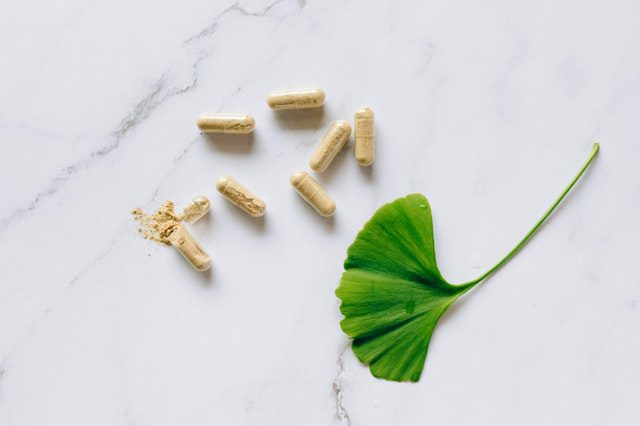Uses
There’s no conclusive evidence that ginkgo is helpful for any health condition. Although some studies suggest that it may help to slightly improve some symptoms of dementia, the findings have been described as unreliable. Also, other studies have had conflicting findings. Ginkgo neither helps prevent dementia or cognitive decline nor prevents Alzheimer’s-related dementia from getting worse—this is according to studies that include the long-term Ginkgo Evaluation Memory Study, which enrolled more than 3,000 older adults and was funded in part by the National Center for Complementary and Integrative Health (NCCIH).
For various health conditions, a small amount of evidence suggests a benefit from taking ginkgo, but the overall evidence is not conclusive. These conditions include anxiety, diabetic retinopathy, glaucoma, peripheral artery disease, premenstrual syndrome (PMS), schizophrenia, and vertigo.
Research seems to suggest that it doesn’t help with memory enhancement in healthy people, high blood pressure, tinnitus, multiple sclerosis, seasonal affective disorder, or the risk of having a heart attack or stroke.
Side Effects of Ginkgo
For most people, the leaf extract appears to be safe when taken by mouth in moderate amounts.
Side effects may include headache, stomach upset, dizziness, palpitations, constipation, and allergic skin reactions. If you have a known bleeding risk, you should be cautious about ginkgo possibly increasing your risk of bleeding.
In a 2013 research study, rodents were given ginkgo leaf extract had an increased risk of developing liver and thyroid cancer at the end of the 2-year tests. Whether these results apply to humans is unclear.
Ginkgo may interact with some conventional medications, including anticoagulants (blood thinners), research reviews show.
Ginkgo taken orally may be unsafe during pregnancy. It might cause early labor or extra bleeding during delivery if used near that time. Little is known about whether it’s safe to use while breastfeeding.
Fresh (raw) or roasted seeds and the unprocessed leaves can contain dangerous amounts of a toxic substance.
Other
Take charge of your health—talk with your health care providers about any complementary health approaches you use. Together, you can make shared, well-informed decisions.
Source
All information has been provided courtesy of MedLinePlus from the National Library of Medicine and from the FDA.



